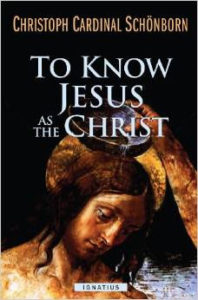Podcast: Play in new window | Download (Duration: 29:00 — 26.5MB) | Embed
Subscribe: Apple Podcasts | Spotify | Amazon Music | Android | Pandora | iHeartRadio | JioSaavn | Podchaser | Gaana | Podcast Index | Email | TuneIn | Deezer | Anghami | RSS | More
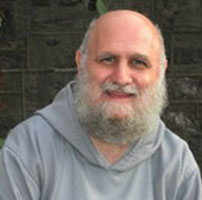
Fr. Andrew Apostoli does a tremendous job covering all the varied aspects of the events of Fatima and the call of Our Lady of Fatima. He conveys the “immaculate” heart of the message, as well as tackling the “controversies” that have plagued the events over the years. Because of the prophetic nature of her messages, Our Lady of Fatima has been the subject of much controversy and speculation. In this book, Father Andrew Apostoli carefully analyzes the events that took place in Fatima and clears up lingering questions and doubts about their meaning. He also challenges the reader to hear anew the call of Our Lady to prayer and sacrifice, for the world is ever in need of generous hearts willing to make reparation for those in danger of losing their way to God.
Check out the book here
“As was so dramatically obvious during the visit of Pope Benedict XVI to Fatima in May, 2010, Our Lady’s apparitions in 1917 remain powerfully compelling for us today. There she was an evangelist, calling us to prayer, conversion of heart, and penance, pointing to Jesus and repeating her words at Cana, ‘Do whatever He tells you.’ This book brings it all home.”
-Most Reverend Timothy Dolan, Archbishop of New York
“For us, Fatima is a sign of the presence of faith, of the fact that it is precisely from the little ones that faith gains new strength, one which is not limited to the little ones but has a message for the entire world and touches history here and now, and sheds light on this history . . . Even now there is tribulation, in every conceivable form, and power threatens to trample down faith. Even now, then, there is a need for the answer about which the Mother of God spoke to the children at Fatima.”
-Pope Benedict XVI

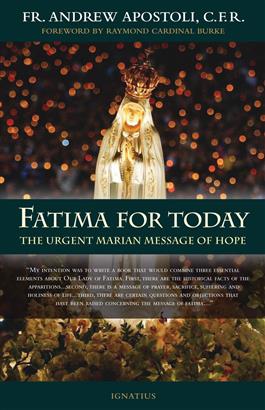

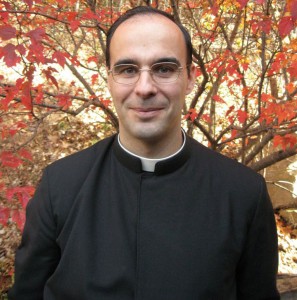

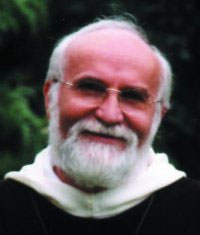

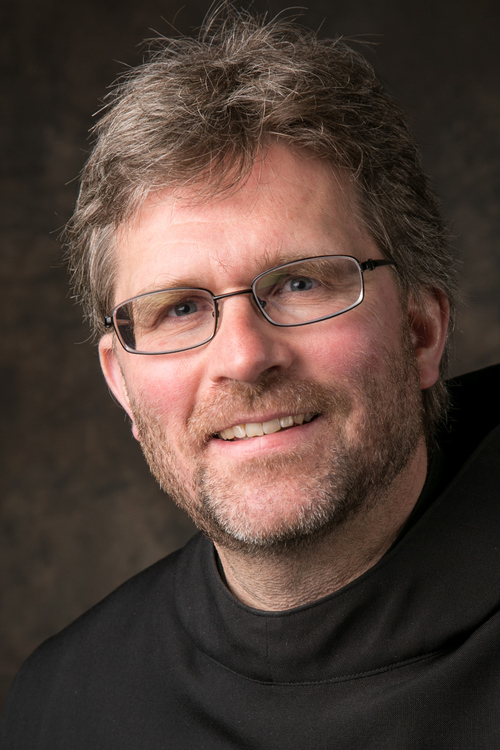
 From the
From the  Msgr. Esseff discusses his retreat with The Daughters of Mary, Mother of Healing Love community which meets the needs of the children brought to the St. Charles Children’s Home located in New Hampshire. He speaks of their work and the need to step out in courage to share the Divine Love which is needed to heal the deepest wounds of the heart. He talks about Mother Paul Marie, foundress of this new community, as well as Servant of God Fr. Flannagan, and St. Mother Teresa. Msgr. Esseff talks about the importance of the both the male and female healthy role models in the lives children.
Msgr. Esseff discusses his retreat with The Daughters of Mary, Mother of Healing Love community which meets the needs of the children brought to the St. Charles Children’s Home located in New Hampshire. He speaks of their work and the need to step out in courage to share the Divine Love which is needed to heal the deepest wounds of the heart. He talks about Mother Paul Marie, foundress of this new community, as well as Servant of God Fr. Flannagan, and St. Mother Teresa. Msgr. Esseff talks about the importance of the both the male and female healthy role models in the lives children. The mission of The Daughters of Mary, Mother of Healing Love:
The mission of The Daughters of Mary, Mother of Healing Love: Devin Schadt offers a tremendous work proclaiming St. Joseph as a model for the authentic expression of manhood and fatherhood. In ” Joseph’s Way: The Call to Fatherly Greatness: Part I: Prayer of Faith”, he shares his compelling personal witness to the great saint’s role in his life. He also uses Scripture, the Catechism of the Catholic Church, and many other outstanding resources, to fashion a study that helps to deepen the faith of those who walk with good St. Joseph through the perils men, as well as their families, face in our world today.
Devin Schadt offers a tremendous work proclaiming St. Joseph as a model for the authentic expression of manhood and fatherhood. In ” Joseph’s Way: The Call to Fatherly Greatness: Part I: Prayer of Faith”, he shares his compelling personal witness to the great saint’s role in his life. He also uses Scripture, the Catechism of the Catholic Church, and many other outstanding resources, to fashion a study that helps to deepen the faith of those who walk with good St. Joseph through the perils men, as well as their families, face in our world today.
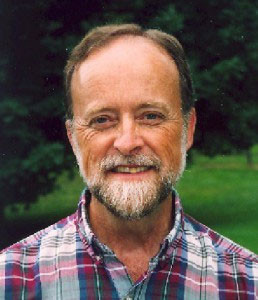

 Why is it essential for the Christian to truly “know” Jesus as the “Christ”? Why is a relationship with Jesus Christ paramount for the spiritual life? What is it be an authentic disciple of Christ? These questions are just a few that are answered by master apologist and president of Ignatius Press, Mark Brumley as we discuss the phenomenal book by Cardinal Christoph Schoenborn, the Archbishop of Vienna. Class A catechesis and rich source of spiritual reading, not only for Catholics, but for the entire Body of Christ. Highly Recommended!
Why is it essential for the Christian to truly “know” Jesus as the “Christ”? Why is a relationship with Jesus Christ paramount for the spiritual life? What is it be an authentic disciple of Christ? These questions are just a few that are answered by master apologist and president of Ignatius Press, Mark Brumley as we discuss the phenomenal book by Cardinal Christoph Schoenborn, the Archbishop of Vienna. Class A catechesis and rich source of spiritual reading, not only for Catholics, but for the entire Body of Christ. Highly Recommended!